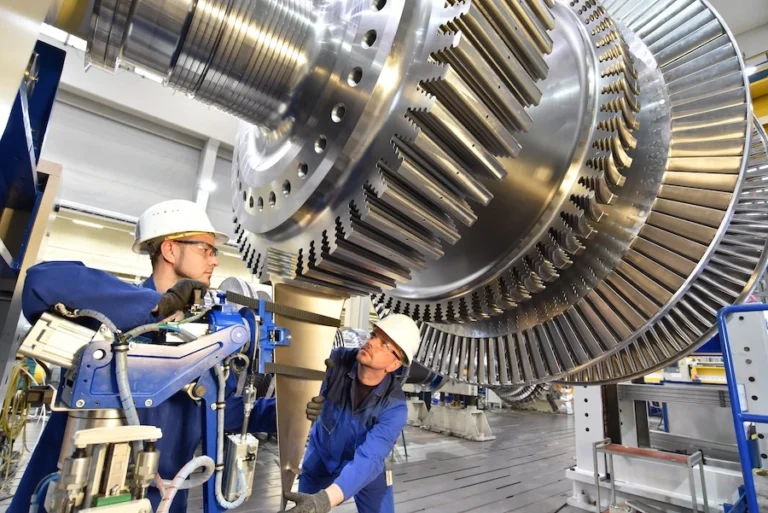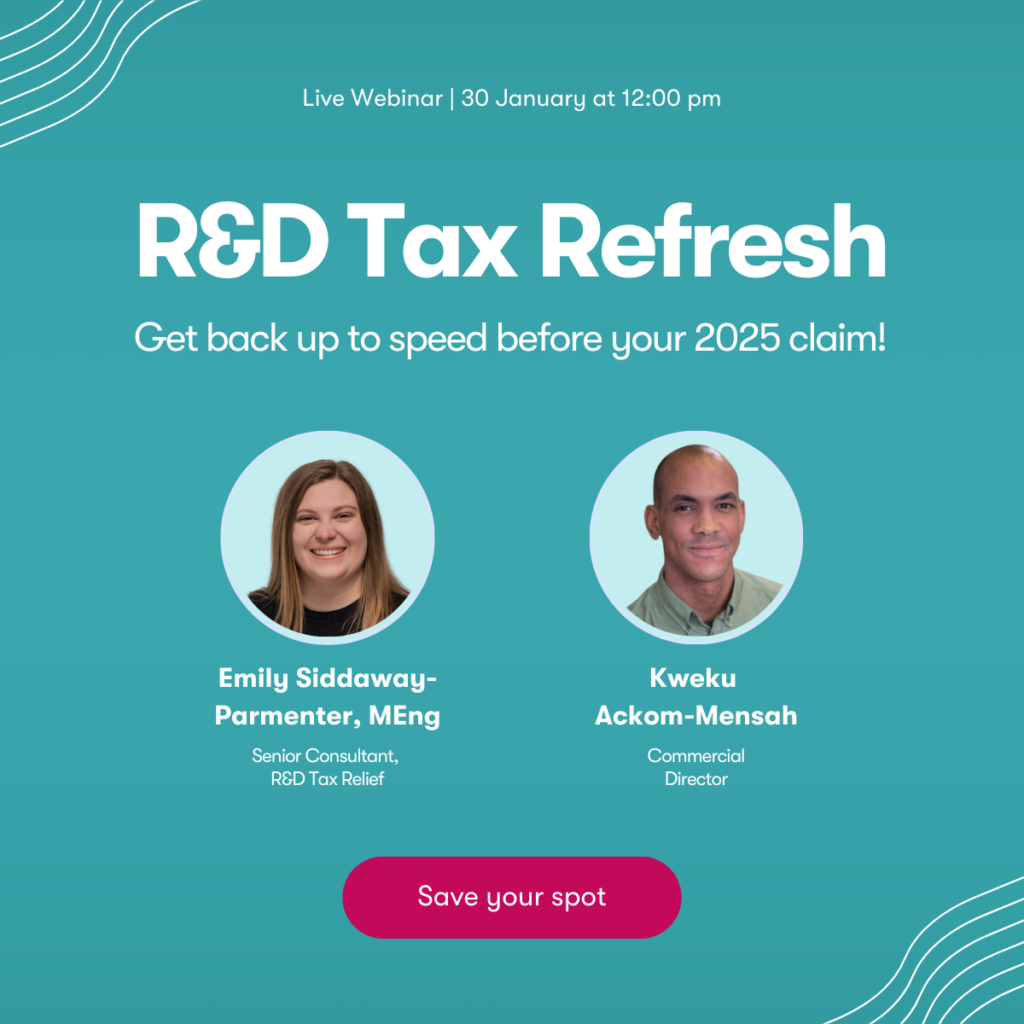The early days of a new business can be an extremely stressful time. You’ll have a lot on your plate; hiring staff, buying supplies, working out the dynamics of your team, and much more. With so much to think about, applying for R&D Tax Relief can seem like a bridge too far. That’s something to do further down the line when the business is established right? Wrong. In fact R&D Tax Credits can be a great help to a new start-up. Your business can be financially vulnerable in its first few years and R&D Tax Relief can help to shield you from this. Here are four reasons you should consider applying:
Startups are often innovative by definition
HMRC defines innovation as any project which ‘seeks to achieve an advance in overall knowledge or capability in a field of science or technology through the resolution of scientific or technological uncertainty’. Many startups are created as a response to a specific gap in the market and are therefore more likely to fit this definition. If you’ve started a business to deal with a specific problem or to provide a specific service that doesn’t currently exist, there’s a good chance you’ll be eligible for R&D Tax Relief.
You can claim for initial expenses
In the first few years of a company’s life, there are many overhead costs that may never be repeated again: buying equipment and office supplies, decorating your premises, etc. This all comes at a time when your business may not be fully up and running and profits may not be as steady as you’d like. This means that it’s easy to overspend in the early days and, as a result, many businesses never get out of the starting blocks. As long as your company is working on innovative projects, R&D Tax Credits allow you to claim back some of these initial costs. This can help to bring some degree of stability to what can be a very unsettled time.
Records will be easier to come by
There’s no getting away from it: you’ll have to provide detailed records to support your claim. While there is no specific record keeping requirement for R&D Tax Credits, you must ‘keep sufficient records to support the entries on your CT return’. You don’t need to create new records especially for the claim; you just need to provide copies of the old ones. The good news is that, as a new business, you’re in the best position to find the required information. Many businesses who decide to claim R&D Tax Relief further down the line have to root through years of records to find the evidence to back up their claim. If you start a business knowing that you’re going to claim, you can keep the right records from the start and have them to hand when you need them. This will make the process of claiming much more straightforward. Having pristine, up to date records will probably score you some points with the HMRC too! For more details on which records to keep, read our recent blog on the subject.
They can be worth a lot of money!
Let’s face it, all business exist to make money. For a startup this is especially important as you try to offset initial costs and establish a foothold in the market. R&D Tax Credits can be extremely lucrative. The Telegraph recently noted, somewhat incredulously that ‘The average pay-out across the UK stands at around £50,000, according to HMRC’s data, yet the vast majority of firms still haven’t made a claim.’
The scheme is especially beneficial to small businesses, which is a category most startups fall into, at least in the early days before you conquer the world. If your business has less than 500 employees and an annual turnover of less than £100 million or a balance sheet under £86 million, you can claim back up to 230% of your annual R&D spend. This means that, for every £1 spent on R&D activity, you can potentially claim £2.30 in Tax Relief. Imagine how helpful that money could be in getting your business off the ground!
Don’t go it alone
You may be convinced that R&D Tax Credits would be helpful to your startup, but still feel that you don’t have the time or resources to apply. You already have a lot on your plate and completing a Tax Credit application would be too much hassle. That’s where we come in. We can guide you through the process and could advance your future R&D Tax Credit up to 9 months in advance.
Get in touch today and let’s get things started.






